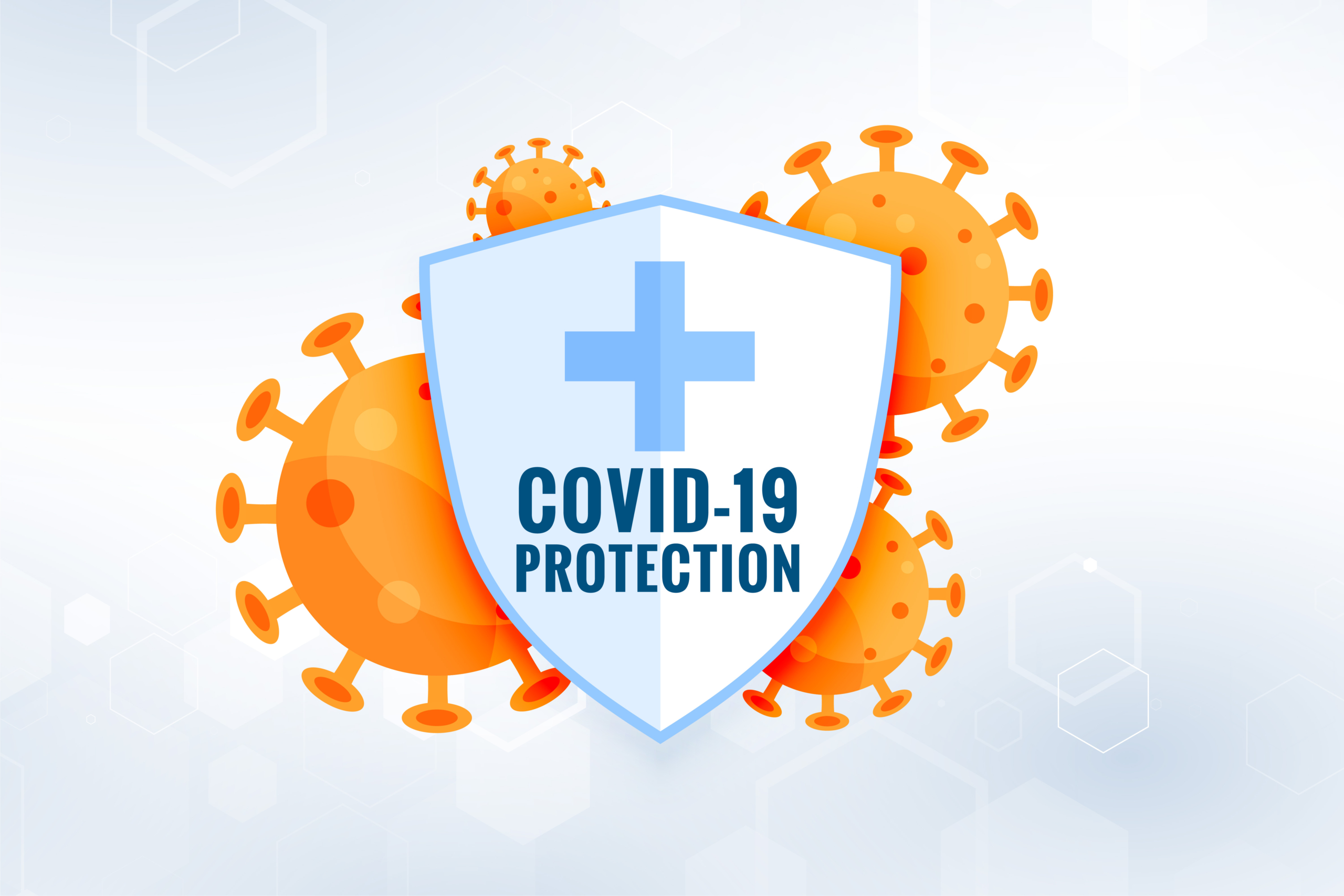About the COVID-19 RT PCR Tests
The COVID -19 RT PCR Testing is a real-time reverse transcription polymerase chain reaction (RT PCR) test for the detection of nucleic acid from SARS CoV-2 The sample is collected via nasal or oral swabs and can be tested for accurate detection of Covid 19 virus.
Clinique Securex is an authorized centre for samples collection, testing and diagnosing COVID-19 suspects. It is also approved centrefor do the RTPCR Test for the travellers.
We follow stringent safety protocols & hygienic collection method through qualified and trained phlebotomist for safe and hygienic sample collection
Book a Home sample collection
Approved Lab from RTPCR Test for Travellers

Frequently Asked Questions (FAQs)
This test includes the extraction of ribonucleic acid (RNA) a genetic material of the COVID-19 virus. The test analyzes the genetic sequences such as the SARS-COV-2 virus and then the results are positive. The test results are negative when the sample analyzed does not contain the virus or the sample is not administered properly. RT-PCR test is expensive, as it requires trained professionals, RNA extraction machines, and a laboratory. A minimum of four hours is required to get the RT-PCR test results and gauge the extent of infection in an individual.
In one-step protocol the RT and PCR components are mixed in a single tube simultaneously The one-step protocol works well for amplifying targets that are reasonably abundant. Also, there is less variation as both reactions take place in the same tube. In addition, the one-step protocol is suitable for high throughput screening.
The two-step protocol includes – first reverse transcription and then the PCR. In a two-step protocol a stable c-DNA pool is generated which can be stored for longer periods and can be used for multiple reactions. The two-step method is more sensitive than the one-step method and yields better results of the rare targets and is a flexible priming option.
How can I opt for home sample collection?
The regulatory authorities such as Food & Drug Association have approved and supports the testing of COVID-19 at home or other non-laboratory settings such as schools, offices, and others provided that the place should support consumer safety and test accuracy. Home sample collection can be done if the patient is not able to visit the laboratory or has opted for self-isolation or have been diagnosed with certain symptoms of the virus. To get self-tested, you can request the laboratory professionals to visit your home and get the samples collected for further analysis. Thus, considering your health status and risk associated with visiting a healthcare setup you can opt for home sample collection.
Also, another issue with these tests can be faulty reagents. The vendors are working on strict guidelines to maintain the quality of the reagents and the kits. Thus, if the RT-PCR test results of a patient are negative and there are some symptoms of the virus identified then the healthcare professionals can make use of other tests such as a CT scan for confirmation.
